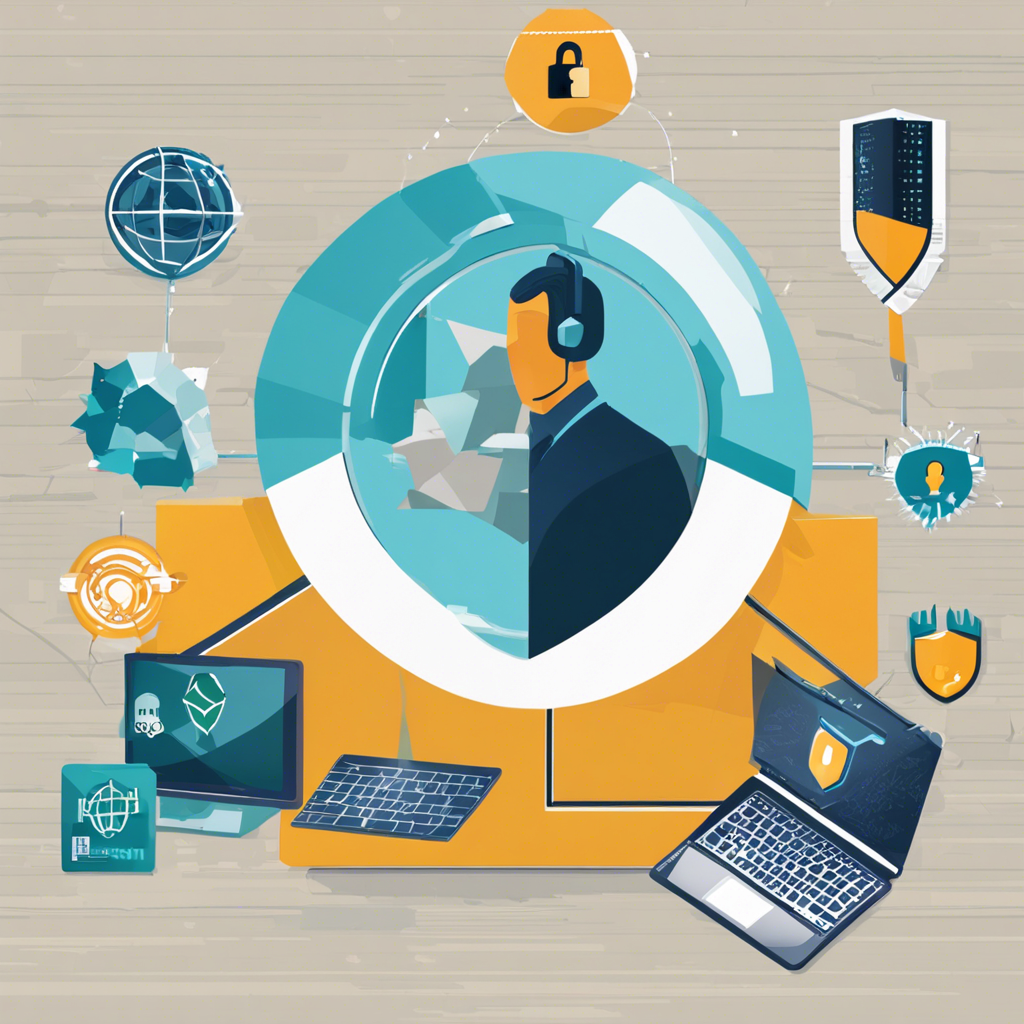Many internet users are concerned about their online security and privacy, and rightfully so. With cyber threats becoming increasingly sophisticated, protecting your digital life is more crucial than ever. Two popular tools often come up in the discussion of online security: Virtual Private Networks (VPNs) and Antivirus software. While both are essential for safeguarding your online activities, they serve distinct purposes. Understanding the difference between the two will help you make an informed decision about which one you truly need.
**Unveiling the Power of VPNs**
A VPN is your digital chameleon, masking your online activities and location. It establishes an encrypted connection between your device and a remote server, making your online behavior appear as if it’s coming from the server’s location. This clever trickery offers several benefits. Firstly, it allows you to access geo-restricted content, as your actual location is hidden. Secondly, VPNs encrypt your data, making it incredibly difficult for hackers or even your Internet Service Provider (ISP) to intercept and read your online activities. This proves to be invaluable when using public Wi-Fi, where data interception is a common concern.
**The Role of Antivirus Software**
Antivirus software, on the other hand, is like a digital bouncer, guarding your devices against malicious software and malware. It scans your system for suspicious files and behaviors, identifying and neutralizing potential threats. Modern antivirus programs go beyond simple virus detection; they can also protect against phishing attacks, provide safe browsing features, and even offer parental controls. These programs are essential for preventing, detecting, and removing malware from your devices, ensuring your files and personal information remain secure.
While both VPNs and antivirus software contribute to your online security, they address different aspects of it. A VPN primarily focuses on anonymity and data encryption, making it a must-have when accessing the internet on unsecured networks or when you want to maintain privacy online. Antivirus software, in contrast, is a frontline defender against malware, ensuring that your devices remain clean and your data remains yours.
In conclusion, the choice between a VPN and antivirus software depends on your specific needs. For comprehensive protection, consider using both. A VPN will ensure your online activities remain private and secure, while antivirus software will fortify your devices against malicious software threats. By adopting both measures, you’re taking a significant step towards a safer and more private digital journey.
